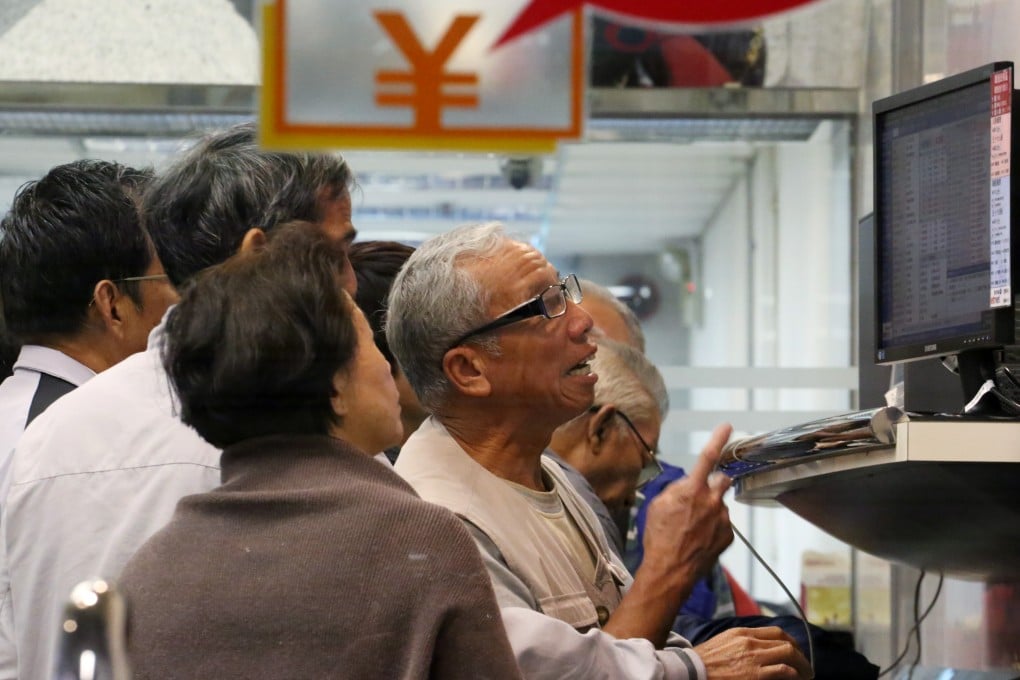New | Mers fears trigger panic selling in Hong Kong stocks

The Hong Kong stock market plunged about 500 points within an hour in the afternoon on Wednesday after a woman suspected of carrying the deadly Sars-like Middle East Respiratory Syndrome (Mers) virus was admitted to a hospital.
The Hang Seng Index started to fall about 2pm, reversing earlier gains before recovering from the day's lows to close at 26,687.64, down 301.88 points or 1.12 per cent.
The media reported a woman had been taken to hospital for tests after developing a fever following a trip to South Korea, where Mers has killed nine people so far.
"The 'new Sars' was a new trigger for investors to take profit. At least in the next couple of days, capital that planned to enter Hong Kong will hold off until the situation is clear," said Steven Sheung, the head of investment strategy at investment and wealth management service provider SHK Private.
In mainland China, the Shanghai Composite Index edged down 0.15 per cent to 5,106.04 points as regulators approved a new batch of initial public offerings that is expected to soak up billions of yuan from the market.
A bounce in technology stocks helped lift the Shenzhen Composite Index by 2.03 per cent to 3.055.58 points.
Investors in Hong Kong and mainland Chinese markets were barely affected by MSCI's decision not to include Chinese shares in its global indices.